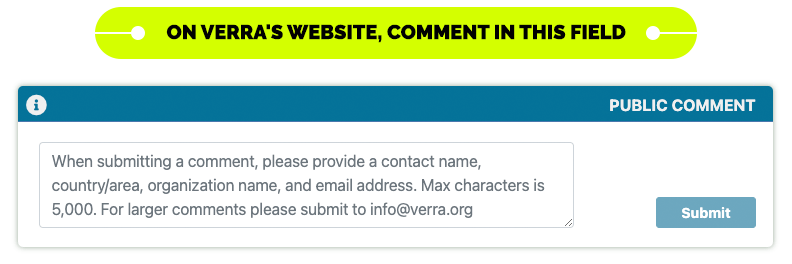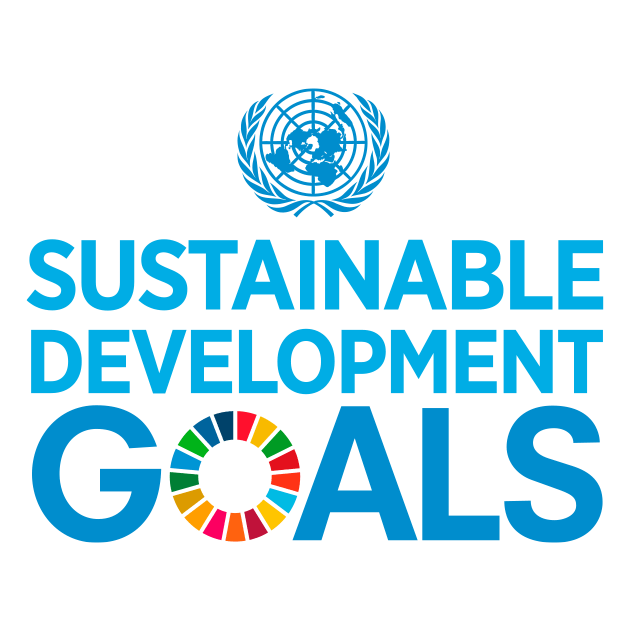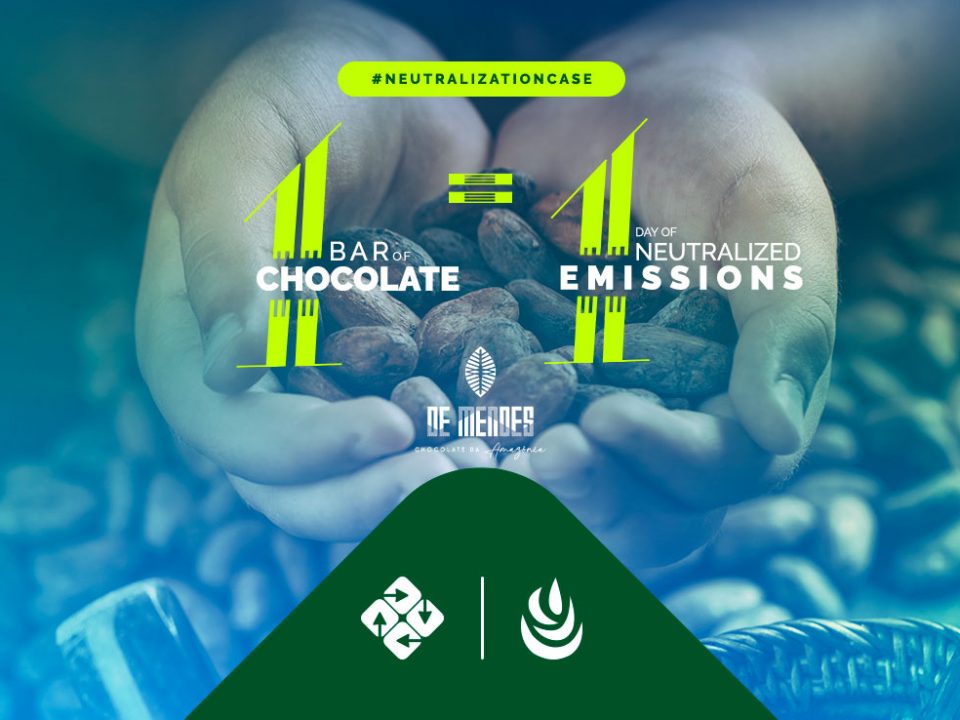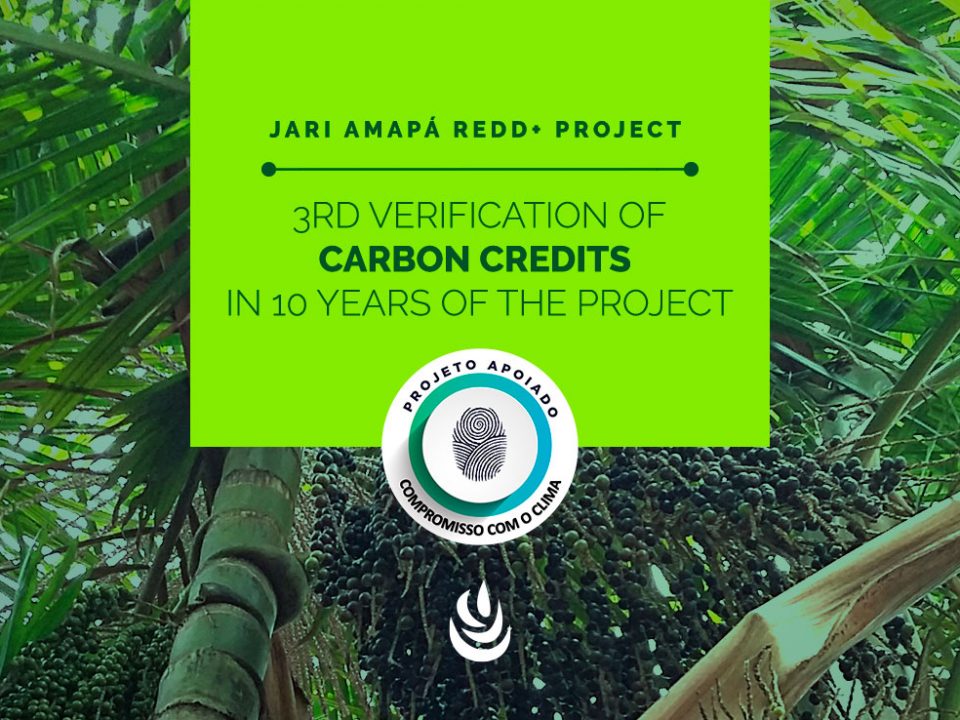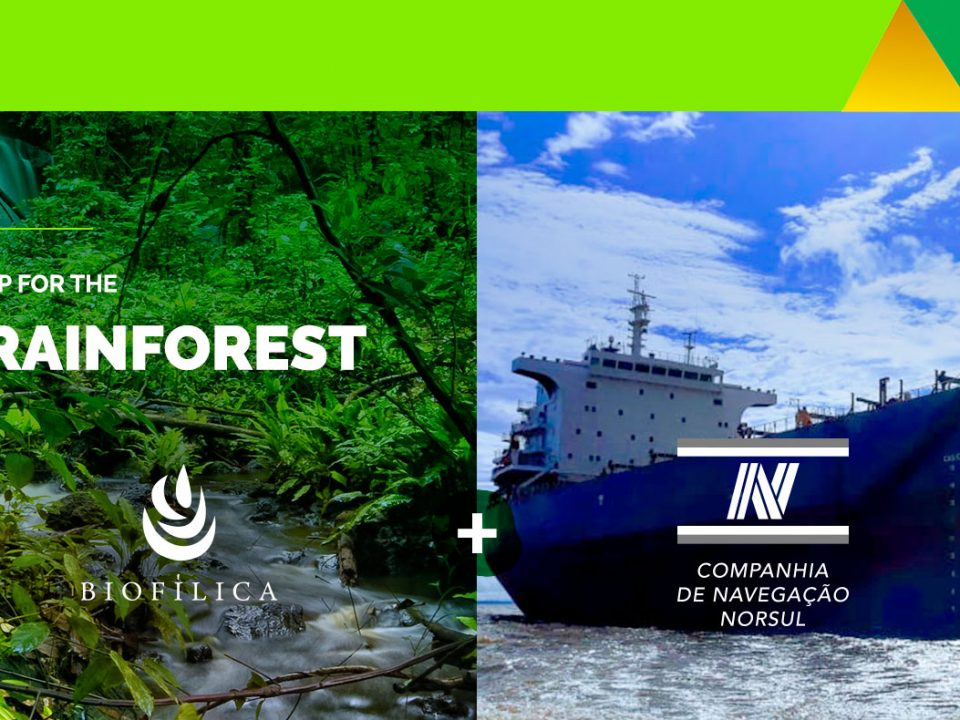

JARI PARÁ
REDD+
PROJECT
FAMILY FARMING CHANGING LIVES IN THE WORLD’S LARGEST PRIVATELY OWNED CARBON PROJECT.
JARI PARÁ
REDD+
PROJECT
DEVELOPING FAMILY AGRICULTURE IN SYMBIOSIS WITH THE FOREST
public comment period
Leave your comments on VERRA's website

Click on the link below, access VERRA’s website and leave your comments about our project.

DEVELOPERS
• Biofílica Ambipar Environment
• Fundação Jari and Jari Celulose
LOCATION
Almeirim
Pará State
STATUS
CHECK: VCS + CCBS
Credits Available for Sale in 2023
START DATE
June 8 th,
2014
JARI PARÁ
REDD+ PROJECT
The Jari Pará REDD+ Project is a partnership between Biofílica Ambipar Environment and the Jari Group, formed by Jari Celulose and the Jari Foundation, which aims to prevent deforestation and minimize social and environmental impacts, promoting benefits for the climate, biodiversity and communities in the Almeirim municipality region.
Based on an economic development model that values the forest, the project activities are feasible because they combine low-impact forest management with the marketing of carbon credits.
Project
of coverage
+ More from
Protected
Flora
+ More from
Protected
Fauna
+ More from
Emissions
Reduction
+ More from
Avoided
Deforestation
+ More from
Impacted
Families
+ More from
Location and
importance of the project
The Project is located in the municipality of Almeirim, Pará State, and borders the State of Amapá to the north.
It has a very important role in this region as home to many rural families and as an ecological corridor, with several Conservation Units (CUs) around it, with a rich biodiversity, diverse plant formations and species of ecological and social importance.
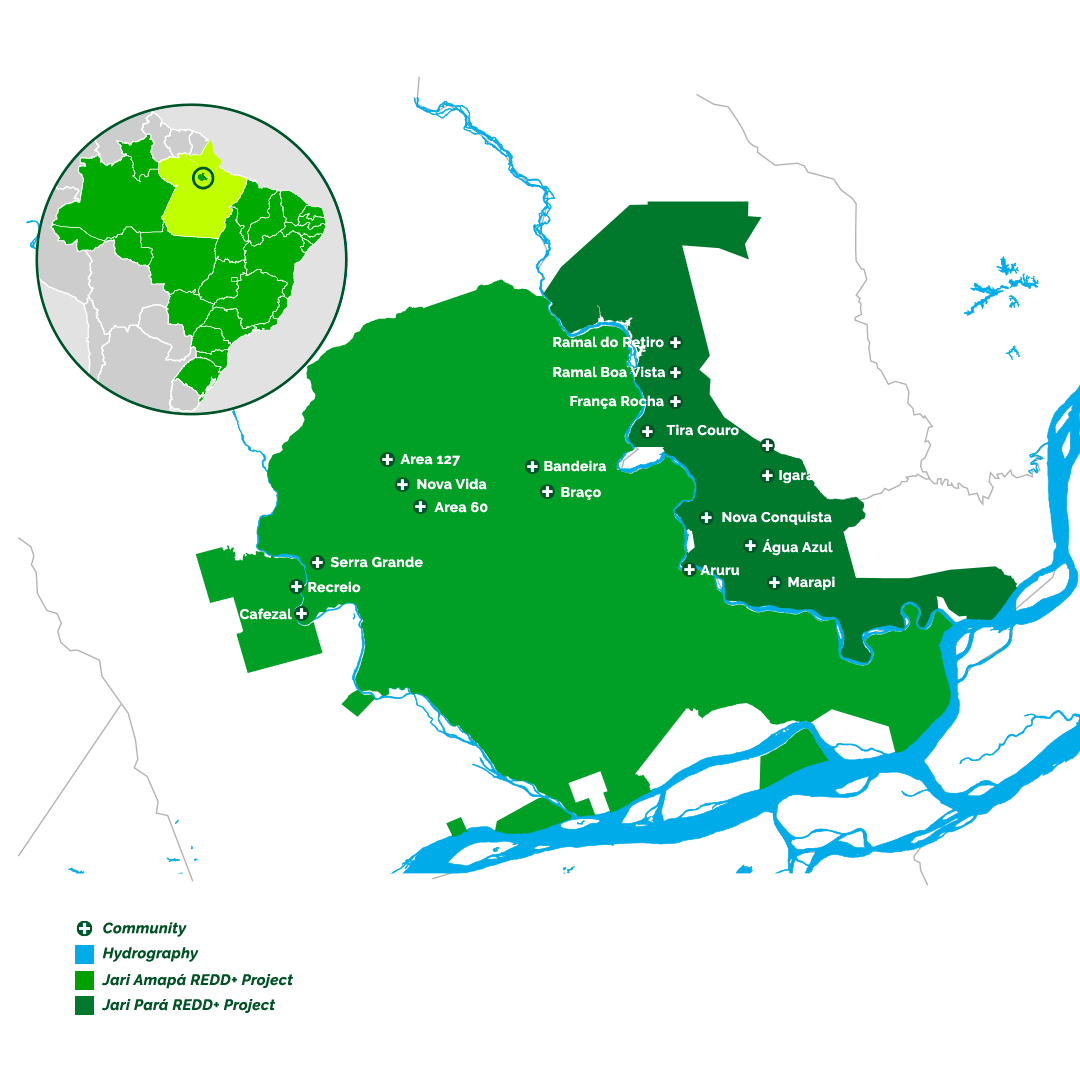
Biodiversity Corridor
Despite its great importance, local biodiversity is constantly threatened by forest degradation.
The activities developed by the project are economically viable due to the combination of Sustainable Management activities and the commercialization of carbon credits through the REDD+ mechanism.
CO-BENEFITS
How the Jari Pará REDD+ Project contributes to the United Nations Sustainable Development Goals (SDGs)
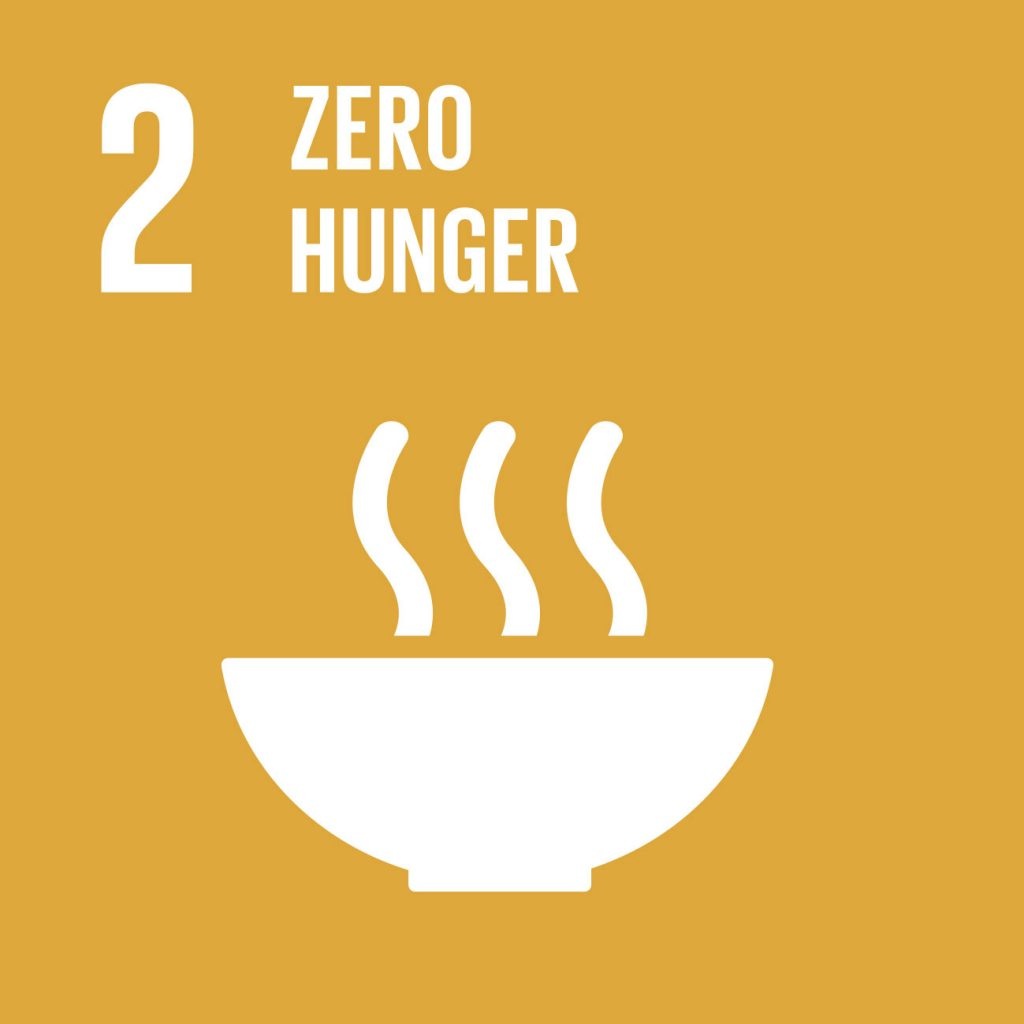
The project helps in the fight against hunger by implementing sustainable food production systems, recovering previously degraded areas through the implementation of Agroforestry Systems, and diversifying agricultural production with the implementation of seedling nurseries.
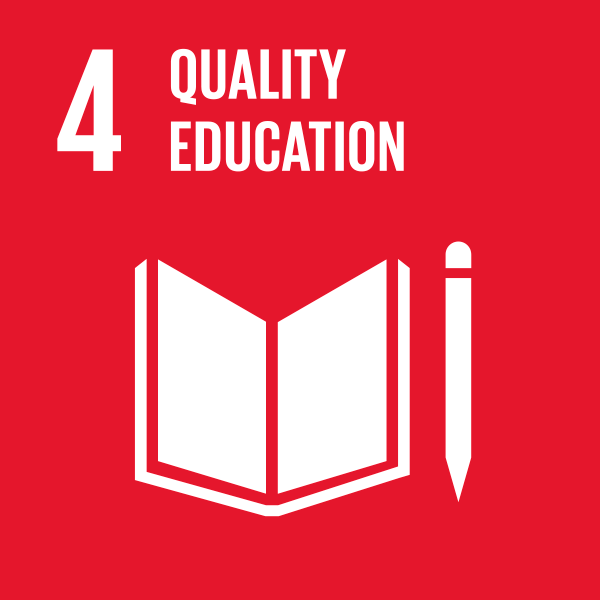
303 families are benefited initially by courses focused on production, social organization, cooperativism, leadership, and financial management, developing skills that enable better employment conditions.
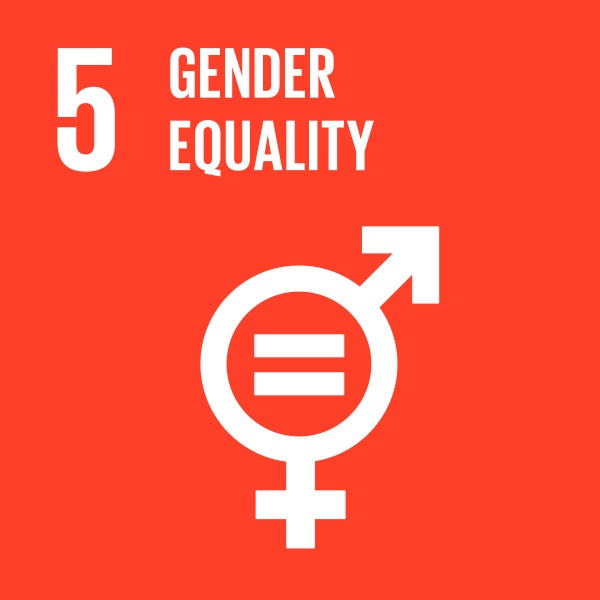
All project activities are open and encouraged for the participation of all residents of the acting communities, especially women, young people, and marginalized people.
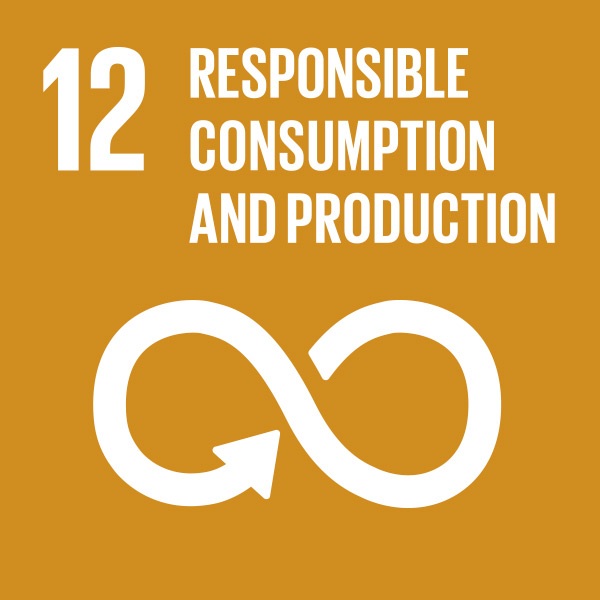
The project fosters the conservation of natural resources allied to socioeconomic development, focusing on sustainable business chains to improve the welfare of local communities.
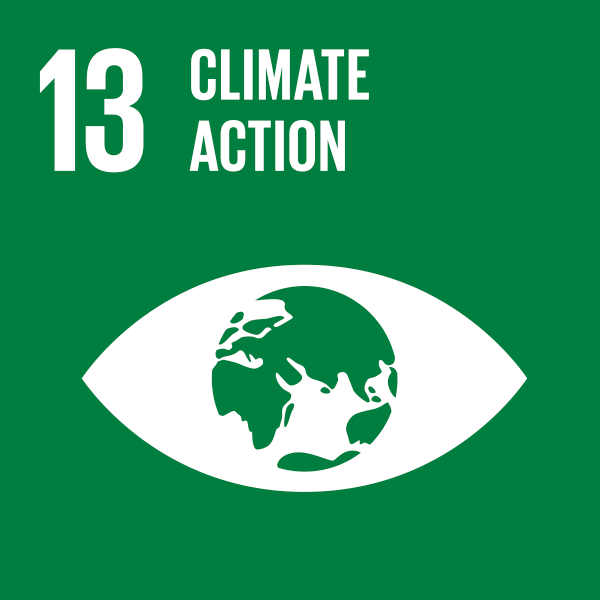
The Vale do Jari REDD+ Project has the potential to reduce 19,800,000 tCO2eq of GHG emissions over 30 years. Carbon credits are generated by preventing the total deforestation of 64,866 hectares of native forest.
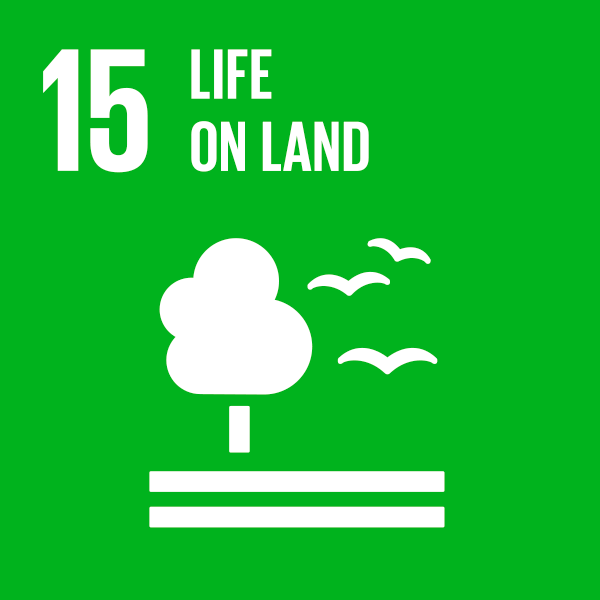
The project protects High Conservation Value Areas (HCVAs) and serves as an ecological corridor for preserved areas in the region, protecting 133 threatened species of fauna and 54 species of flora, which include a portion of endemic species.


